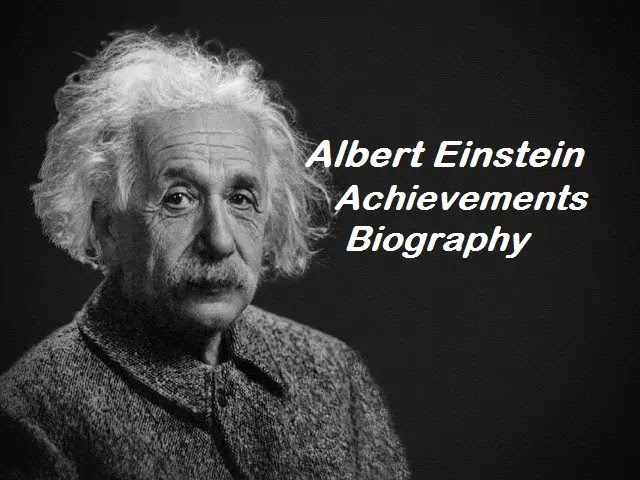Life of William Shakespeare (1564-1616)
William Shakespeare was an actor, playwright, poet, and theatre entrepreneur in London during the late Elizabethan and early Jacobean eras. He was baptised on 26 April 1564 in Stratford-upon-Avon in Warwickshire, England, in the Holy Trinity Church.
- William Shakespeare was born in Stratford-on-Avon, in the country of Warwick.
- The third child and first son, William was christened on 26th April, 1564 in the Parish church.
- His father, John Shakespeare, was a prosperous business failed due to neglect so he could not attend university.
- At the age of eighteen, he married Anne Hathaway, the daughter of an old family friend and they had three children.
- The date of his
arrival in London is not known but he was said to be there around 1592.

- A theatre company,”Lord Chamberlain’s Men”, refunded in an important member in it and this group later got the name,”King ‘s Men”.
- From 1599, this group occupied the Globe theatre and later in 1608 took over the Blackfair monastery.
- Shakespeare plays performed here show the change in the stage conditions, having more scenery and lighting effects indoors.
- Shakespeare, by his publications of Venus and Adonis and Rape of Lucrece, had earned considerable fame in 1594.
- Lloyd, Greene and Marlowe, three most celebrated writers were no more .The revival of the classical drama brought about a change in the attitude elf the noblemen of the time.
- The theatres which were considered low-class entertainment before 1595 began to be attended by them and the quality of plays improved.
- In 15597, Shakespeare purchased “New Place”, an outstanding
residential property .His two daughters, Susanna and Judith, were each married
in 1607 and 1616 respectively.

- After acquiring a lot of property in Stratford, he retired to his house in New Place .His career as a dramatist was over and The Tempest was his last play, written around 1611.
- On 23rd April, 1616, Shakespeare died and was buried in the same Church where he was christened .His plays have become world famous.
- His body lies before the altar of Stratford Church with a rather was inscription upon has tombstone.
Good friend for Jesus’ sake forbear
To dig the dust enclosed here;
Bleats be the man who spares these stones
And curst be he that moves by bones
The Stage in Shakespeare’s Time
- At the beginning of the Elizabethan era, plays were performed on stages erected in the open air.
- In the year 1576, three theaters –one at the Blackfairs and the other two in the shore ditch field, were set up in London.
- The open air theaters had just the stage and a portion of the gallery covered.
- The threater was a
rectangular platform, projecting far into the yard , occupied by the lower
class people who watched the entire performances standing .

- They were called “the groundlings of the pit” .Te stage had a bare room, its walls covered with tapestry.
- The back of the stage had two wings, each with a door opening on to it and the recess between both the doors formed the inner stage.
- It was quite hard for Shakespeare to write for such a theater yet he most remarkably managed to express himself.
Shakespeare’s Professional Career
By 1593, Shakespeare was a successful actor and playwright.
His history plays Henry the Sixth, Parts 1, 2, and 3, and The
Tragedy of Richard the Third had established him as a significant
force in London theater.
In 1593, when an outbreak of the
plague forced the closing of the theaters, Shakespeare turned
to narrative poetry, producing Venus and Adonis followed by
The Rape of Lucrece, both dedicated to a patron, the Earl of
Southampton.

When the theaters reopened, Shakespeare plunged back into his primary vocation, and wrote thirty seven plays in less than twenty years, including
- The Taming of the Shrew;
- A Midsummer Night’s Dream;
- The Merchant of Venice;
- Twelfth Night, or What You Will;
- All’s Well That Ends Well;
- The Tragedy of King Richard the Second;
- The Tragedy of Romeo and Juliet;
- The Tragedy of Julius Cæsar;
- The Tragedy of Hamlet, Prince William Shakespeare THE LIFE AND WORKS OF WILLIAM SHAKESPEARE v of Denmark;
- The Tragedy of Othello, the Moor of Venice;
- The Tragedy of King Lear;
- The Tragedy of Macbeth;
- The Winter’s Tale;
- The Tempest.
Shakespeare’s Finest Achievement
- Fragments can be tantalizing. They tempt people, awakening a desire to reconstruct the missing pieces.
- Since very little is known of Shakespeare’s life beyond a few official records and comments in diaries or letters by others, many people have been driven to speculate about the private life of England’s greatest author.
- Such speculation is made all the
more difficult by the fact that Shakespeare did not write in a
personal vein, about himself, but rather concentrated his
vision on the lives of others.

- Reading his plays, or seeing them performed, we come to know many of his characters better than we know most people in our lives.
- A characteristic of Shakespeare’s greatness is that his work takes us on journeys into parallel universes, into other minds, so that his characters’ innermost feelings, dreams, wishes, values, motivations, and even contradictions become accessible. This is, perhaps, Shakespeare’s finest achievement.
We should use our time wisely as time waits for no one so this was the biography and achievements of William Shakespeare in my own words.
I hope you have gained some knowledge and some new things which you might not be knowing earlier I'll be making those series with the new personalities in coming blogs if you like this blog you can definitely advise me for such biography of great personalities so that you can read more about the famous personalities and share with your friends to boost your friends knowledge.
I have also wrote some biography on the famous personalities by clicking in the link below you can read these persons achievements and learn about their Life,to make a good example in your own life.












